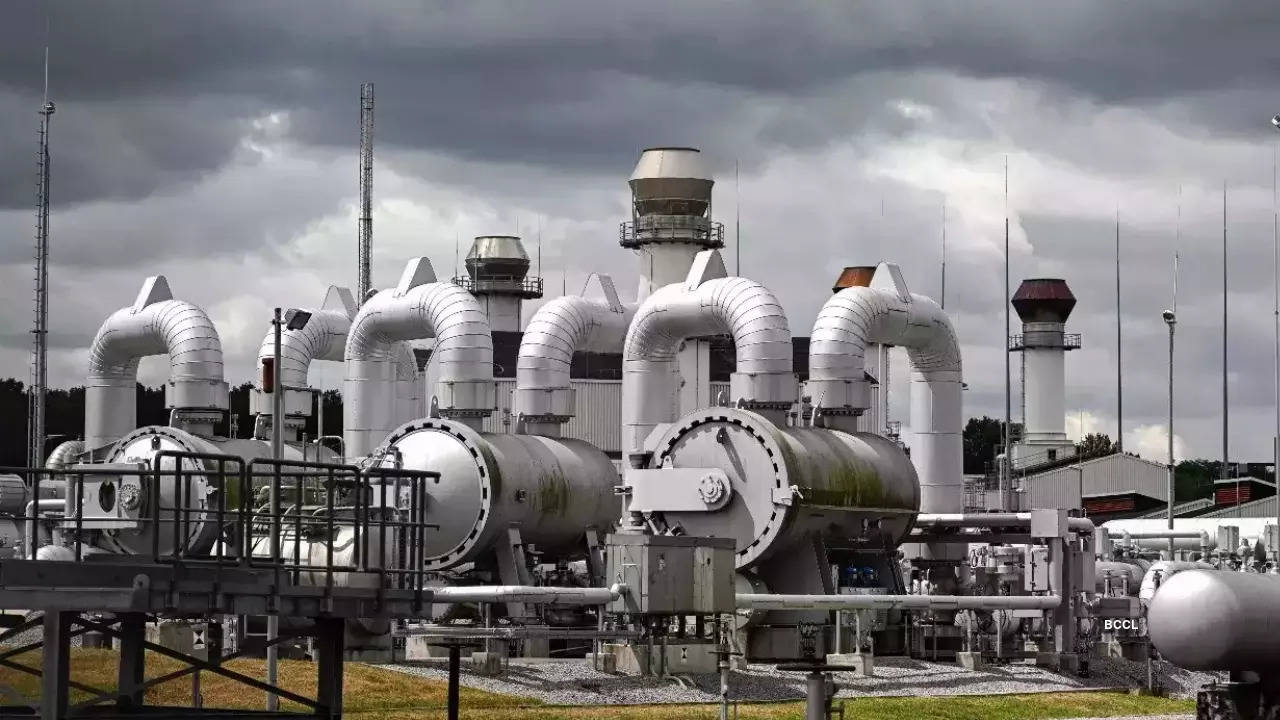The Russian foreign ministry has said that the flow of Russian oil to India continues at a high and stable rate, with no challenges in payment transactions despite global sanctions. Maria Zakharova, the official spokeswoman, highlighted during a Wednesday briefing that these operations have smoothly proceeded, prioritizing transactions in national currencies.This strategic choice, according to Zakharova, liberates the involved parties from Western-imposed banking regulations, ensuring uninterrupted oil trade between Russia and India.
India’s stance amid sanctions
External affairs minister S Jaishankar, earlier this year, defended India’s decision to continue purchasing Russian oil amidst the ongoing conflict between Russia and Ukraine. Jaishankar emphasized the long-standing, stable, and friendly ties between India and Russia, noting Russia’s historical support for Indian interests. During a visit to Germany for the Munich Security Conference, he articulated the unique position of India, stating that Europe’s differing viewpoint on Russia does not align with India’s experience and historical relations.
European energy shift and its implications
Jaishankar also pointed out the shift in Europe’s energy procurement to the Middle East following the outbreak of the Russia-Ukraine conflict, which impacted India’s and other nations’ energy supplies. He detailed the dilemma faced by India as Middle Eastern suppliers prioritized Europe, potentially leaving India with a significant energy deficit or forcing it to pay higher prices. This situation, as Jaishankar argued, inadvertently led to India stabilizing the energy market by choosing to procure oil from Russia.
G7 price cap and international dynamics
Meanwhile, US treasury officials are set to highlight the effectiveness of the G7 price cap on Russian oil shipments during their visit to New Delhi. The cap aims to reduce Moscow’s revenue, thereby impacting its military activities in Ukraine. The mechanism has been supported by India’s recent actions, with Indian refiners playing a pivotal role in its success. The cap prevents the use of Western maritime services for transporting Russian oil sold at prices above $60 a barrel, a Reuters report said.
The enforcement of the price cap has notably affected the global pricing and revenues for Russian oil. The US treasury noted a significant widening in the discount of Russian Urals oil against the international Brent benchmark since the imposition of the price cap. These actions, supported by international cooperation including from Indian refineries, underscore a collective effort to impose financial constraints on Russia while maintaining global energy market stability.
India, while maintaining its economic and defense relationships with Moscow, has recently shown signs of diplomatic balancing. Following discussions between the foreign ministers of Ukraine and India, both nations agreed to restore trade and cooperation to pre-invasion levels. This development underscores India’s nuanced position in navigating its historical ties with Russia and responding to the current geopolitical landscape.
(With inputs from agencies)
India’s stance amid sanctions
External affairs minister S Jaishankar, earlier this year, defended India’s decision to continue purchasing Russian oil amidst the ongoing conflict between Russia and Ukraine. Jaishankar emphasized the long-standing, stable, and friendly ties between India and Russia, noting Russia’s historical support for Indian interests. During a visit to Germany for the Munich Security Conference, he articulated the unique position of India, stating that Europe’s differing viewpoint on Russia does not align with India’s experience and historical relations.
European energy shift and its implications
Jaishankar also pointed out the shift in Europe’s energy procurement to the Middle East following the outbreak of the Russia-Ukraine conflict, which impacted India’s and other nations’ energy supplies. He detailed the dilemma faced by India as Middle Eastern suppliers prioritized Europe, potentially leaving India with a significant energy deficit or forcing it to pay higher prices. This situation, as Jaishankar argued, inadvertently led to India stabilizing the energy market by choosing to procure oil from Russia.
G7 price cap and international dynamics
Meanwhile, US treasury officials are set to highlight the effectiveness of the G7 price cap on Russian oil shipments during their visit to New Delhi. The cap aims to reduce Moscow’s revenue, thereby impacting its military activities in Ukraine. The mechanism has been supported by India’s recent actions, with Indian refiners playing a pivotal role in its success. The cap prevents the use of Western maritime services for transporting Russian oil sold at prices above $60 a barrel, a Reuters report said.
The enforcement of the price cap has notably affected the global pricing and revenues for Russian oil. The US treasury noted a significant widening in the discount of Russian Urals oil against the international Brent benchmark since the imposition of the price cap. These actions, supported by international cooperation including from Indian refineries, underscore a collective effort to impose financial constraints on Russia while maintaining global energy market stability.
India, while maintaining its economic and defense relationships with Moscow, has recently shown signs of diplomatic balancing. Following discussions between the foreign ministers of Ukraine and India, both nations agreed to restore trade and cooperation to pre-invasion levels. This development underscores India’s nuanced position in navigating its historical ties with Russia and responding to the current geopolitical landscape.
(With inputs from agencies)
